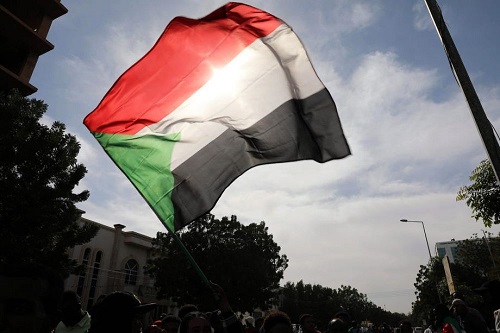This post has already been read 1128 times!
Sudan’s political parties and military signed a framework deal on Monday that they said would pave the way for two-year civilian-led transition towards elections and end a sometimes violent standoff triggered by a coup in October 2021.
But the deal has been opposed by protest groups that are against negotiations with the military, and by Islamist factions loyal to the regime of former leader Omar al-Bashir, who was ousted in 2019.
Demonstrations broke out in at least two areas of the capital Khartoum before the signing ceremony, a witness told Reuters.
Under the framework agreement, the military – which has led the government since the coup – agreed it would only be represented on a security and defence council headed by a prime minister.
The outline pact set no date for a final agreement or the appointment of a prime minister, and left sensitive issues including transitional justice and security sector reform for further talks.
After signing the deal at the presidential palace, military leader Abdel Fattah al-Burhan said civilian control of politics must be respected.
Signatories applauded when he repeated a slogan used by protesters to call for the army to exit politics: “Soldiers to the barracks”.
Last year’s coup halted a power-sharing arrangement between the military and the Forces for Freedom and Change (FFC) coalition, and Sudan has been without a prime minister since the start of the year.
The coup led to more than a year of mass protests against the military, and to the suspension of billions of dollars in international financial assistance, deepening an economic crisis.
Many of the groups signing the framework deal on Monday were the same that signed a constitutional declaration months after Bashir’s ouster, setting up the first transition.
“The goals of the agreement are establishing a fully civilian authority, creating a free climate for politics, and reaching a final agreement with the widest political participation,” Al-Wathiq al-Barir, a spokesman for the FFC, said.
International partners have said a credible civilian government needs to be appointed before assistance can be restored.
Talks leading to the framework deal have been facilitated by the United Nations, the United States, Saudi Arabia and the United Arab Emirates, among others.
“I hope that this agreement will pave the way for the quick formation of a civilian government that can tackle the security, humanitarian and economic situation,” the U.N. envoy to Sudan, Volker Perthes, told the signing ceremony.



